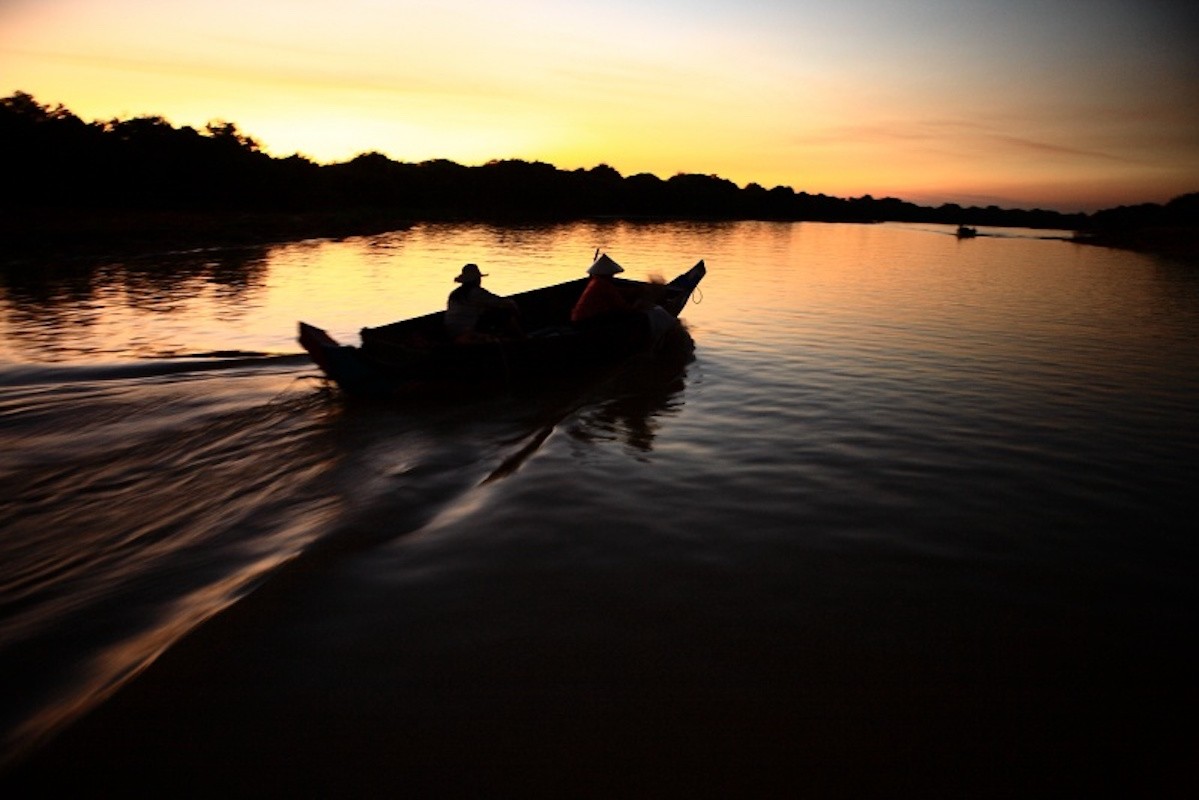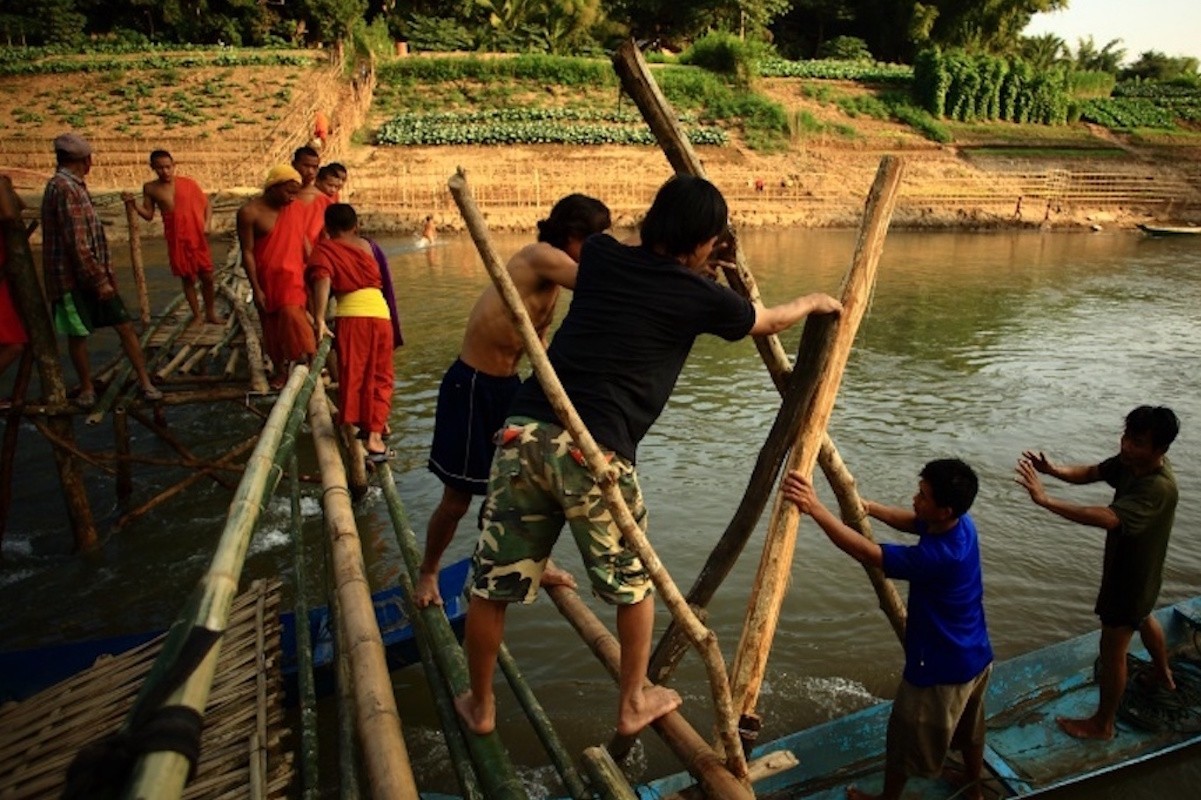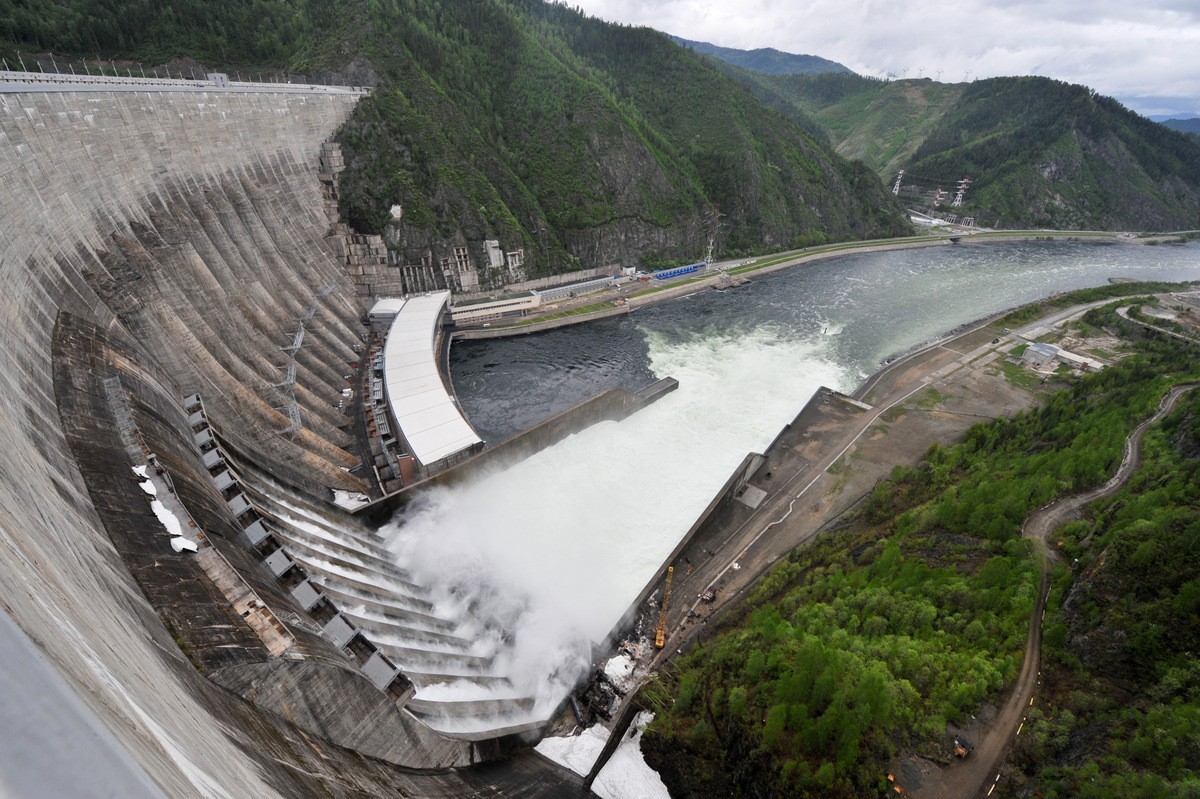Three weeks ago, the Mekong River Commission (MRC) announced winners of its first writing competition: What does the Mekong River mean to you?
“The winners,” the MRC stated, “See the river as a unique source of life, love, prosperity, cooperation, and peace.”
It’s rather ironic that the standouts among the 333 submission reflect such a reverence for the Mekong when the MRC’s ongoing research suggests otherwise: reporting a rising rate of deterioration at the hands of the Commission’s member and partnering states.
Possibly, interest in highlighting this dichotomy of what’s felt in the hearts of many Mekong people and what leaders are allowed to do, helped to motivate the MRC’s framing of this writing contest. This paradigm battle over respect for, versus exploitation of, nature is hardly new, however.
What might be more useful, therefore, would be the perspective from the Mekong River herself. Increasingly, the world is witnessing communities seeking and gaining legal rights, even “personhood” for rivers, so it seems timely to explore not so much what humans think of the Mekong, but what the Mekong thinks of us.
Here’s just a handful of data points the Mekong would likely employ in framing her perspective.
- Consistent with the MRC’s current study on impacts of damming, this continuous bifurcation of the Mekong’s main and supplemental arteries cannot put us in a very good light. Even under our own objective cost-benefit analysis, the river and its people are giving up more than humanity is gaining.
- Worse still, is that humans have known this for decades. Prior to the founding of the MRC, works like the 1984 book, The Social and Environmental Effects of Large Dams, detailed challenges associated with big dams. This was further reinforced in 2000 by the World Commission on Dams report. Case studies on Pak Mun and Nam Theun 2 Dam in the Mekong Basin too illustrate that while humans here are fully aware of the failings of such projects, their construction persists.
- Increasingly, the scientific community warns of the grave threats to human existence resulting from accelerating biodiversity loss. Mekong fisheries alone, which rival the Amazon in diversity and exceed it in abundance, have been known to be under grave threat as a result of continued dam construction. Rather than halt the onslaught, dam builders have enticed researchers to consider teaching Mekong fish to climb ladders.
- There’s constant talk in the region of countries working to achieve United Nations Sustainable Development Goals. Amongst the most fundamental of these, is the need for parity amongst men and women in all aspects of development planning and decision making. A basic screening of photo documentation of MRC meetings reveals there’s been little progress in this area since its founding 23 years ago. As is implied in UN directives, if humans can’t have mutual respect for one another, it seem unlikely we will develop enough respect to sustainably manage the environment that supports us.
- The solar power industry is gaining sufficient traction in the Mekong region such that it may slow down or reverse the pace of hydropower construction. While this may certainly reduce further damage to the Mekong’s ecosystem, there’s little talk of reducing the region’s overall energy footprint. After all, the expansion of energy supplies represents the leading edge of the material consumption wave that is driving much of the global ecological, and social justice concerns making up today’s Earth Day headlines.
The Mekong River knows, that in geologic time, she’s likely to be here in some form well after this current human obsession with its structural manipulation has passed. But like the demise of the ancient society of Angkor, and its water development infrastructure, the decisions now being made on the Mekong seem no less risky.
In Thai, the Mekong, or Mae Nam Khong, means the Mother River Khong. So in considering what she may be thinking about humans, it’s probably akin to watching a child continuously do wrong, not only bringing tremendous harm to her, but to itself. Eventually, all she can do is shed more tears.





